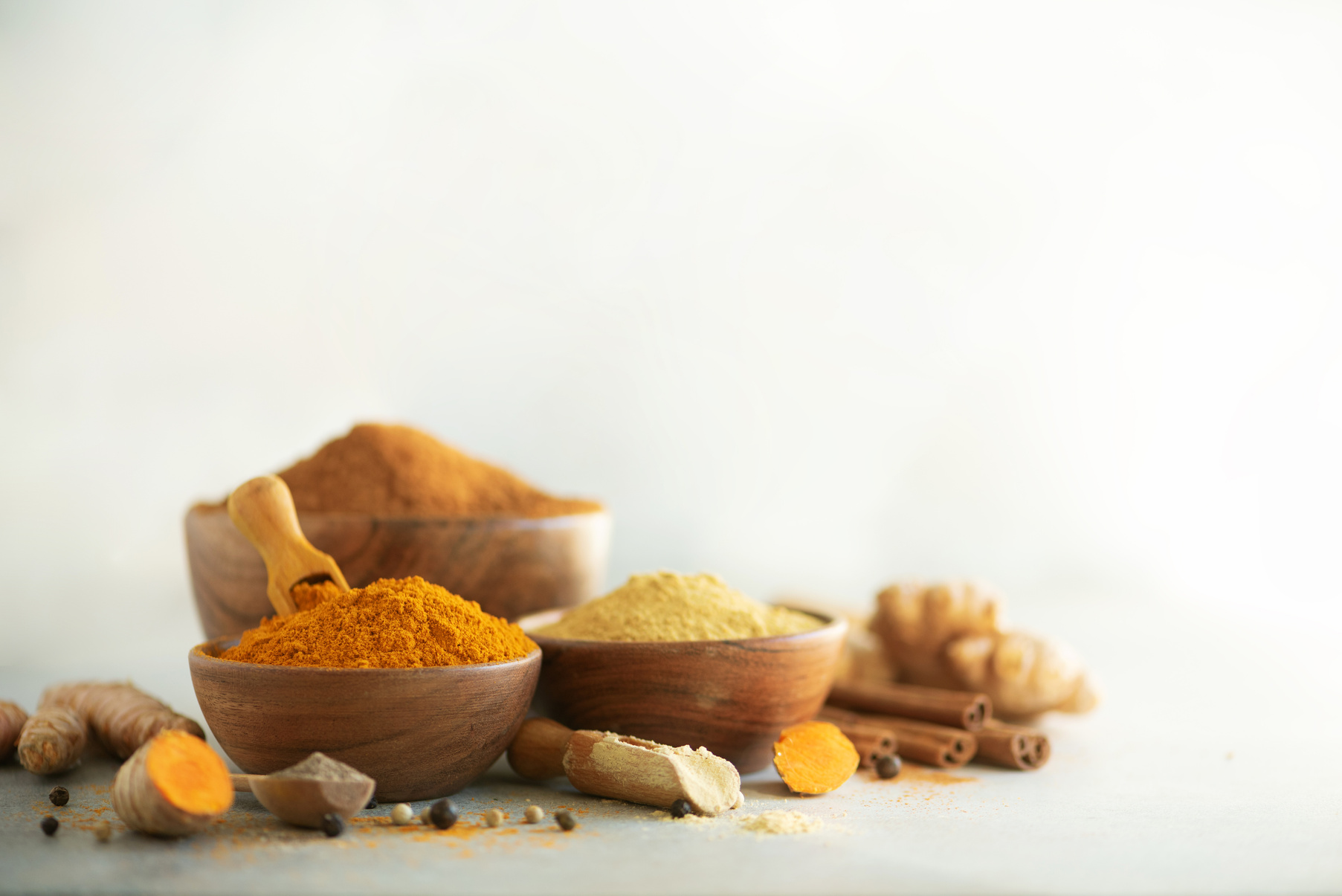An Ancient Medical System gaining worldwide popularity
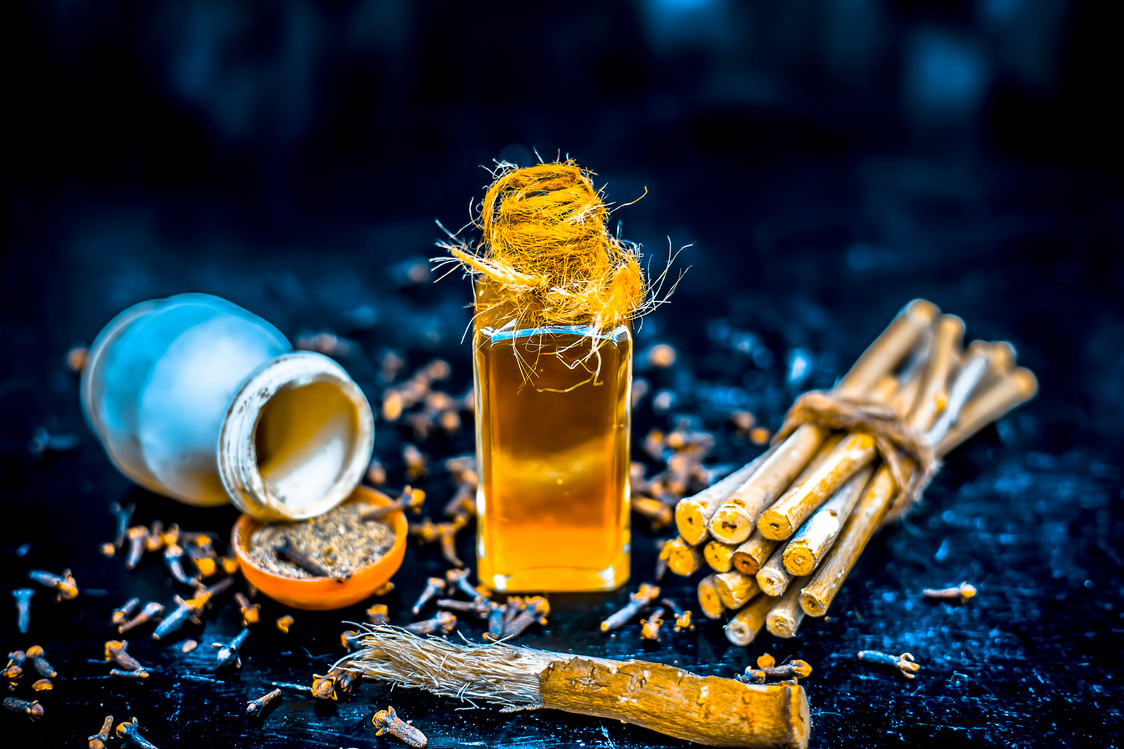
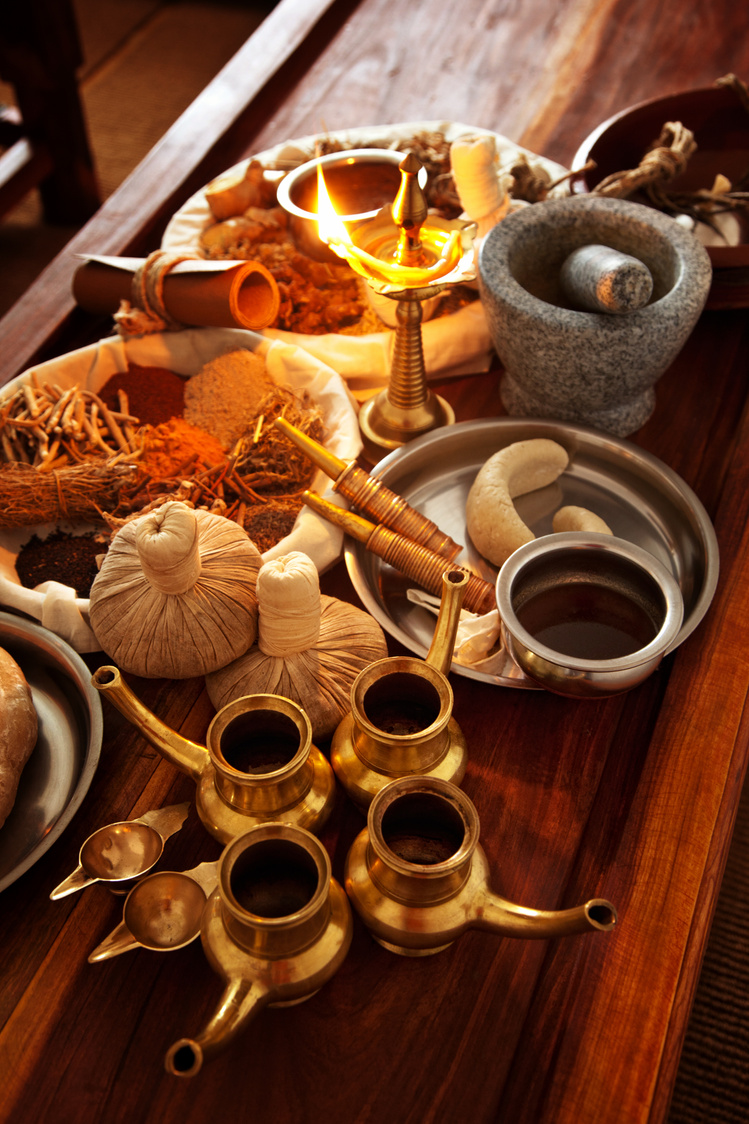
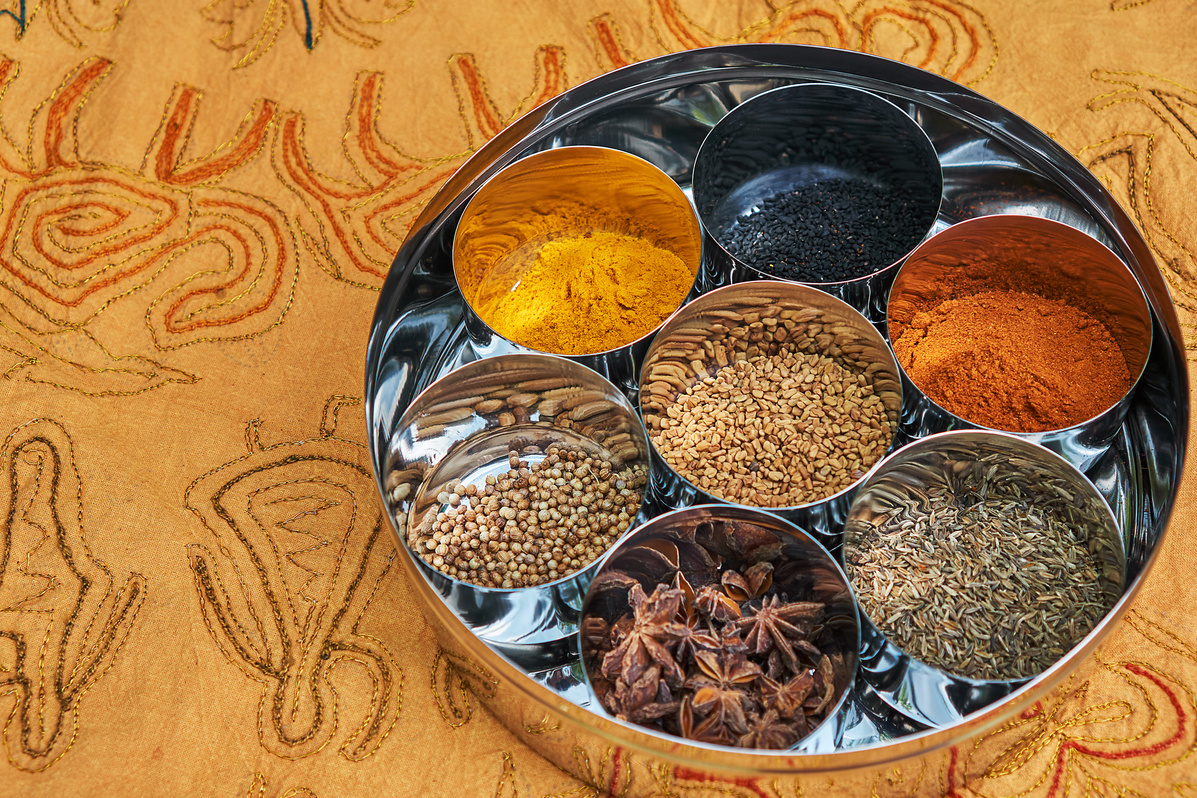
Unbeknownst to us, at times we enjoy a delicious glass of lassi in summertime or add an aromatic spice into our dishes without realizing that we are preserving an indispensable tradition and treasure trove of knowledge from our ancestors in healthy living. Ayurveda, which translates in ancient Sanskrit as “the Science of Life”, is a gift from the ancient healers of the Indian Subcontinent. Ayurveda is one of the oldest established health care systems which dates back to more than 5000 years ago. It is a natural and incredible health care system that has gained in international recognition over the years due to its resourcefulness and various benefits. The World Health Organization (WHO) recognizes Ayurveda as an important Traditional Health Care System and has assigned strict quality controls to preserve its authenticity and merit.
YOU ARE WHAT YOU EAT!
Ayurveda can be used to prevent, to cure, or to manage health problems. This Science of Life is particularly useful in healing or in the management of common ailments such as diabetes, high blood pressure, allergies, depression or rheumatism. Dietary recommendations, lifestyle guidelines, Ayurveda medicines and Ayurveda treatments all make up the healing process. This approach is also called Holistic Medicine.
Unani Medicine or Hikmat is a sister Medical System that is not dissimilar to Ayurveda and is more commonly used in Pakistan and generally in the Islamic World. It shares a similar pharmacology and theory, but its medicinal formulations and treatments differ.
In Pakistan, the National Council of Tibb (NCT), based in Islamabad, is in charge of the establishment, management and promotion of Unani, Ayurveda and Homeopathic Medical Systems in Pakistan. In recent months, the NCT is looking to revive Pakistan’s heritage of Ayurveda.
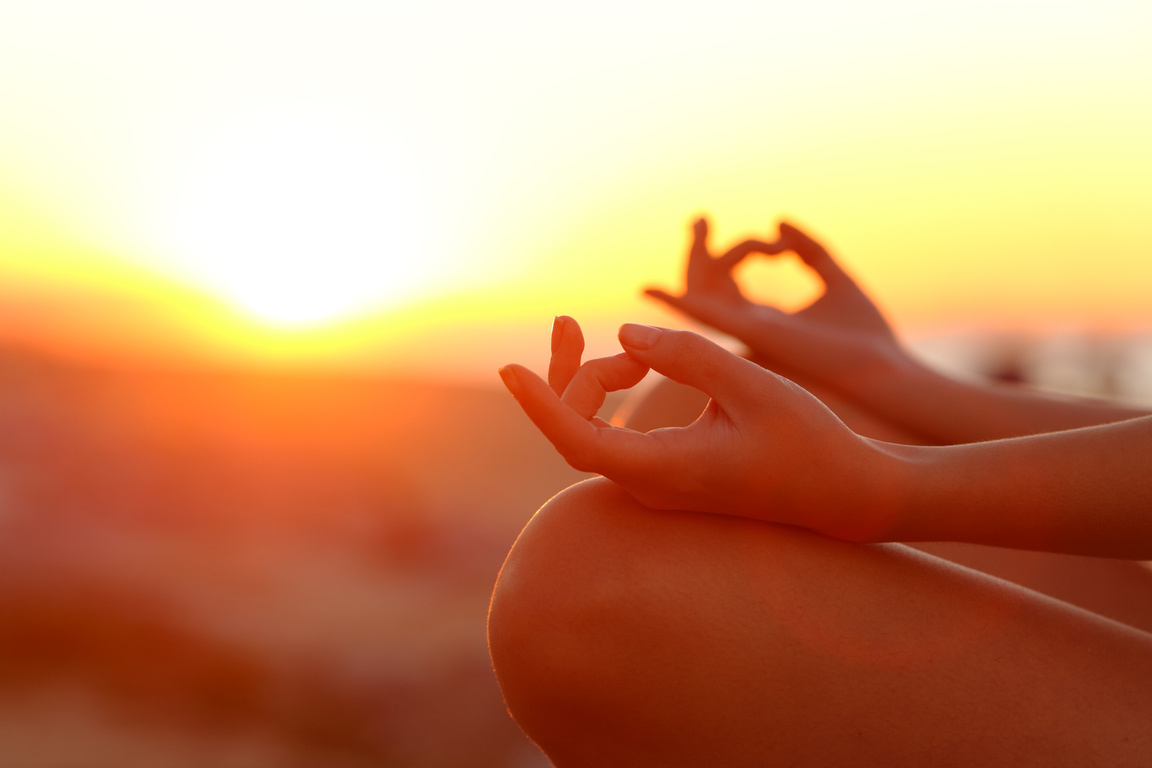
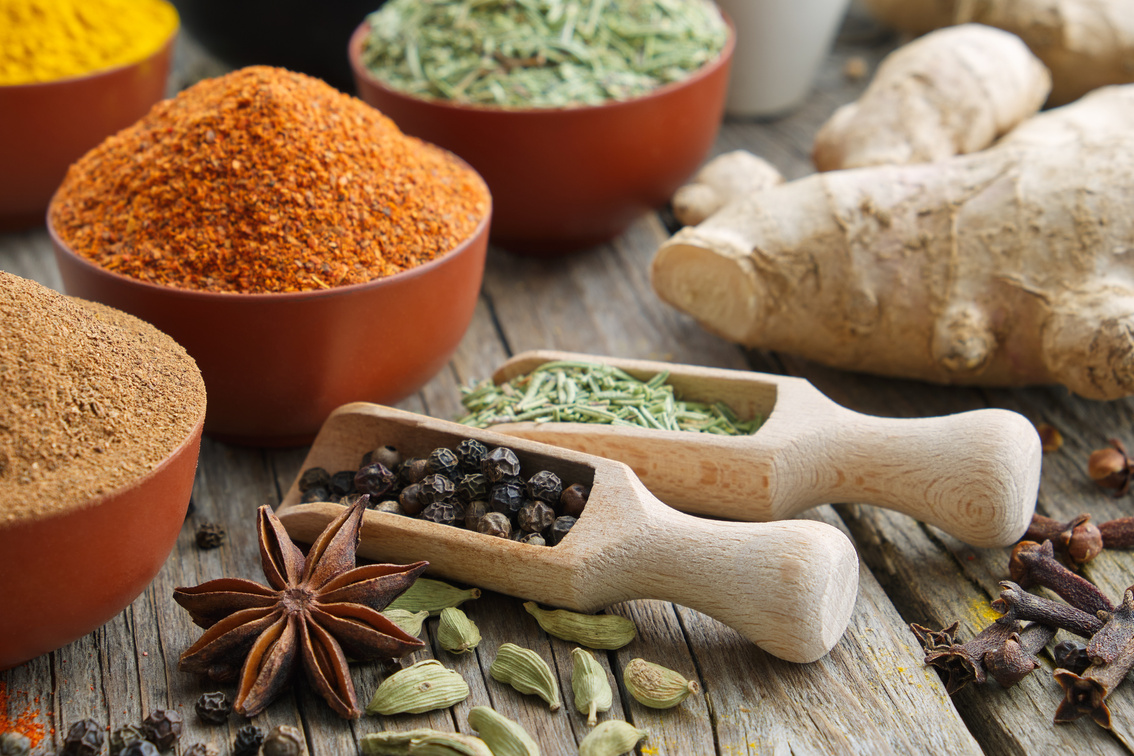
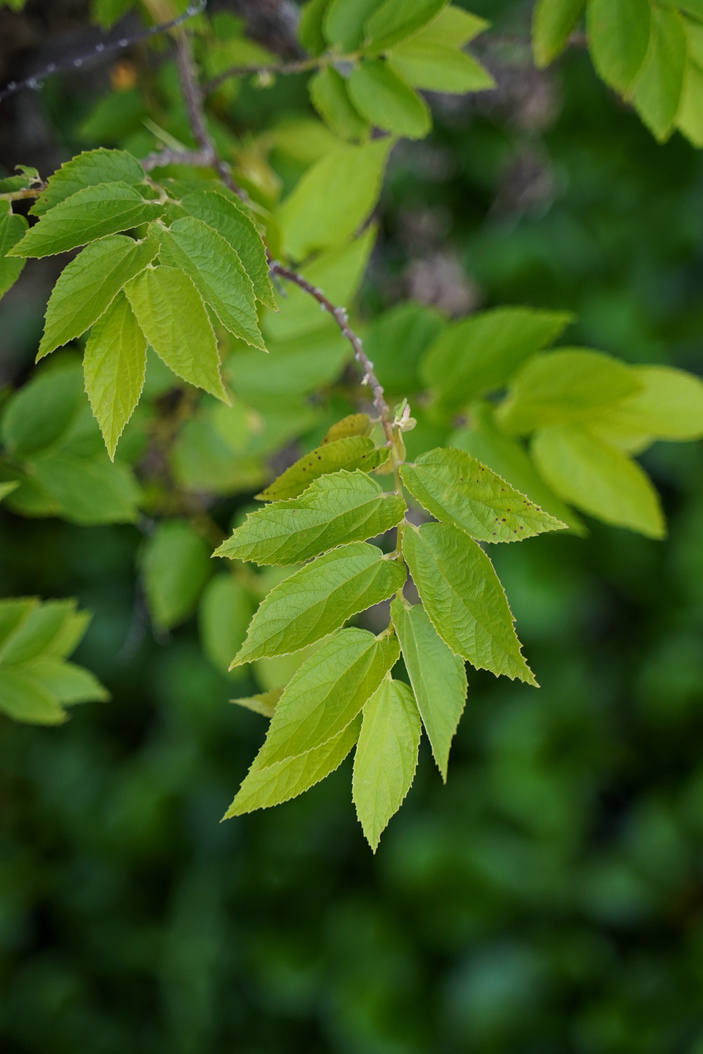
“You are what you eat”
This is especially applied well and apt in Ayurveda. Based on the concept of humourism, Ayurveda considers a human being as a micro cosmos within a macro cosmos that is made up of five main elements – Ether, Air, Fire, Water and Earth. Each individual is believed to be a unique combination make up of these five elements, which in turn are called the humours or doshic constitution of a person.
Modern science, for example in gene therapy research, has discovered parallels in their findings with this ancient theory. Treatment, in Ayurveda, is based on the unique makeup of the individual, their constitution and the emphasis also lies in healing the cause rather than the symptoms. Ayurveda medicines and treatments also have comparatively fewer or milder side effects, if any, than in Allopathic Medicine.
Ayurveda also offers us easy to follow general Ayurveda guidelines for everyone that can help keep us healthy and prevent diseases. Some of these include eating wholesome foods with a balanced diet of carbohydrates, proteins, fats, vitamins, minerals as well as foods that are rich in fibre. Whole grains, green leafy seasonal vegetables and fruits, sufficient consumption of water at room temperature, inclusion of all the six tastes – sweet, sour, bitter, astringent and pungent all make up down to earth healthy Ayurveda Guidelines. Overeating, not exercising, not getting sufficient sleep, eating processed foods, having deep fried heavy foods are examples of what is not recommended. Ayurveda supports balance in life at both mundane levels as well as in its clinical and holistic approach to treatments. It advocates mental and physical wellbeing as well as preservation of tradition and heritage.
In Pakistan, there is a wonderful revival of yoga, health food and healthy living, while there are already numerous qualified Unani Hakims and Hakimas and Homeopathic doctors. There is also a gradual rise in incentive and interest in the revival of Ayurveda Vaids and Vaidyas at both public and government level. Traditional and Natural Medicines can be a useful asset in a fast changing complex world.
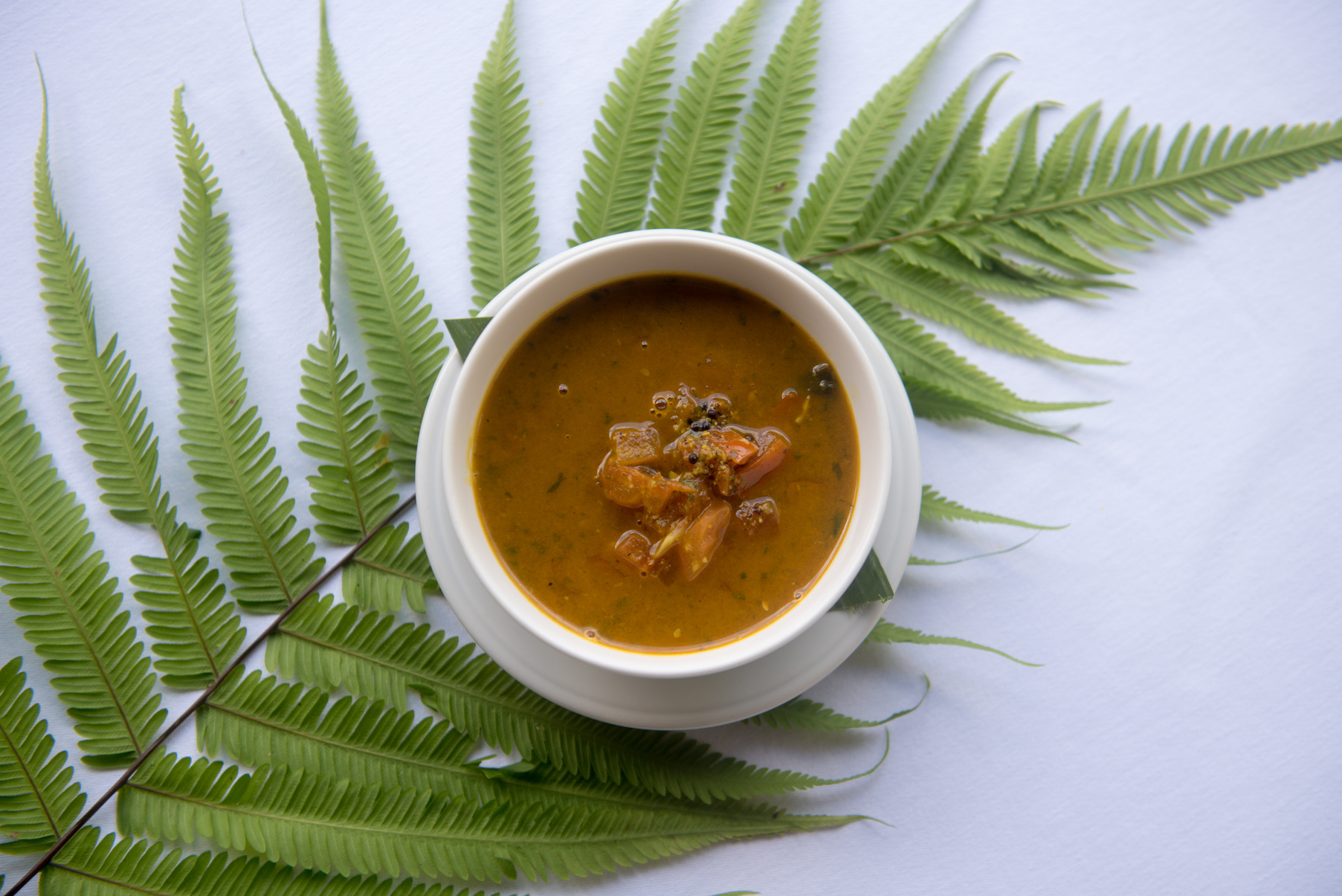
The writer is an author and an Ayurvedic Doctor aasiya@post.com



